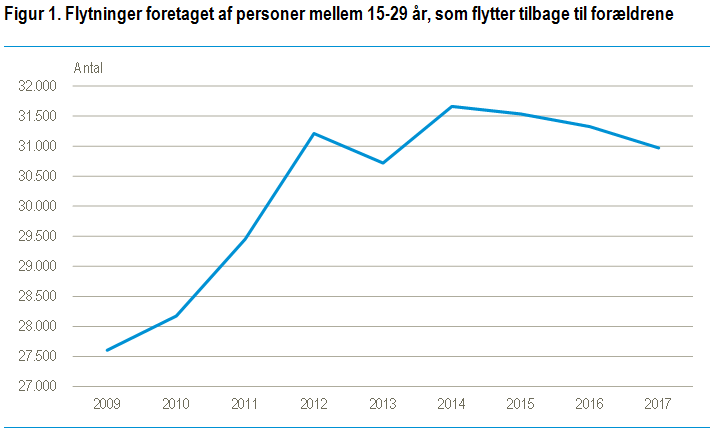News
More young Danes moving back with parents
This article is more than 7 years old.
Some 31,000 Danes aged 15-29 returned to the ‘homestead’ last year

East, west, home is best (photo: Pixabay)
Danish youngsters are often keen to move out of their parents’ house into a place of their own at a reasonably early age, at least compared to some other cultures.
But perhaps the old saying ‘Home is where the heart is’ still holds up to scrutiny, because over the past nine years the number of young Danes who move back with their parents after flying the nest has increased by 12 percent.
According to national statistics keepers Danmark Statistik, there were 31,000 ‘back-to-the-folks’ moves among 15-29-year-olds in 2017 – a trend particularly buoyed by the male population, which accounted for 17,500 of the moves.
READ MORE: Young Danes less tolerant of infidelity than their elders
Two years and home
It should be pointed out that more young men (47,000) left home compared to young women (43,000). But in contrast to trend seen with the men, there has been a decline in moves back to parents by women since 2016. Numbers are down by about 5 percent.
The age group with the highest share of moves back home was the slightly older 24-25-year-olds, and 75 percent of the moves overall are undertaken by young people who had lived away from parents for under two years.
Additionally, it’s worth mentioning that over the past nine years, the share of Danes in that age group has increased by 13 percent, so there is a bigger pool of prospective young people who could be eyeing a return home.











































